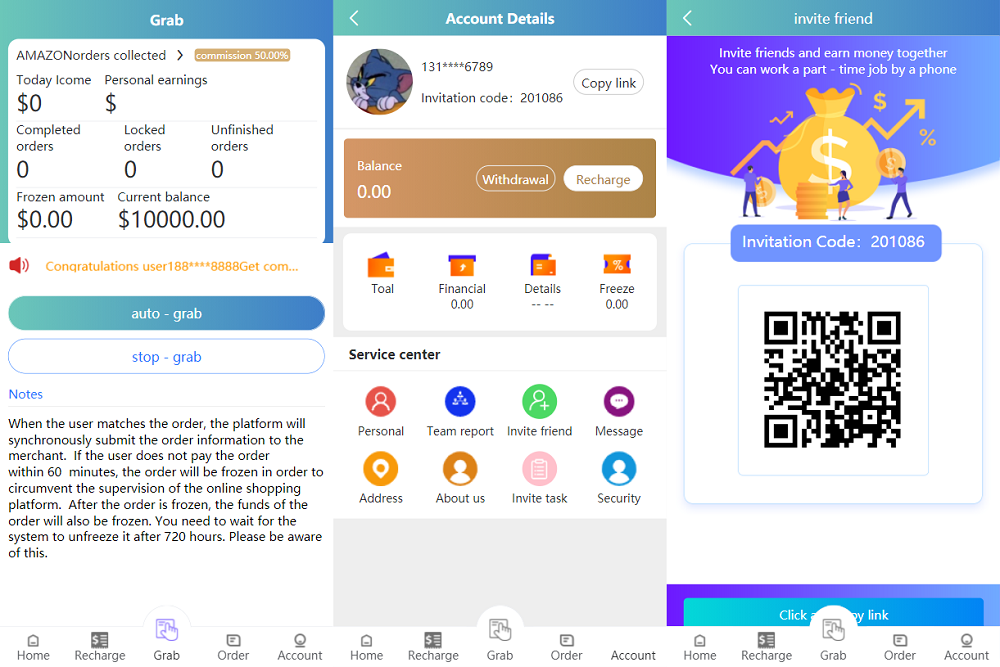安全【网提数据】出售渠道
In the modern digital age, data has become a valuable commodity. Businesses, governments, and individuals alike rely on data for decision-making, operations, and communication. However, the increased reliance on data has led to the rise of illicit markets where sensitive information, such as 安全【网提数据】出售渠道, is traded. This article explores this phenomenon, its implications, and possible countermeasures.
The Value of Data in Today’s World
Data drives innovation and efficiency in nearly every industry. Companies use customer data to improve services, tailor marketing strategies, and optimize business processes. Governments leverage data for public services, law enforcement, and policymaking. Individuals depend on data for personal and professional activities.
The growing importance of data also means that cybercriminals view it as a lucrative target. Sensitive information—ranging from personal identification details to corporate trade secrets—is often stolen and sold on the black market, often through 安全【网提数据】出售渠道.
Understanding 安全【网提数据】出售渠道
The term 安全【网提数据】出售渠道 refers to the methods or platforms used to sell extracted or stolen data securely. These channels are typically hidden in encrypted corners of the internet, such as the dark web, where anonymity is paramount. Sellers and buyers use advanced technologies to protect their identities and transactions, making these channels difficult to detect and shut down.
Common Types of Stolen Data Sold
Personal Identifiable Information (PII): Names, addresses, Social Security numbers, and financial information are sold to commit identity theft or fraud.
Corporate Data: Trade secrets, proprietary research, and confidential communications are sold to competitors or foreign entities.
Healthcare Records: Medical histories and insurance information are traded for insurance fraud schemes.
Financial Data: Credit card numbers, bank account details, and cryptocurrency wallet keys are among the most sought-after data.
The Methods Behind 安全【网提数据】出售渠道
Cybercriminals employ various tactics to steal and sell data through these channels. Below are some of the most common approaches:
1. Data Breaches
Hackers target businesses and organizations with weak cybersecurity measures. Once inside, they extract large volumes of sensitive data, which are then listed on 安全【网提数据】出售渠道.
2. Phishing Attacks
Phishing remains one of the most effective ways to obtain sensitive information. By tricking individuals into revealing login credentials, attackers gain access to valuable data.
3. Ransomware
Cybercriminals encrypt victims’ data and demand payment for its release. Often, the stolen data is also sold on 安全【网提数据】出售渠道 if the ransom is not paid.
4. Insider Threats
Disgruntled employees or those financially motivated may sell internal company data directly through 安全【网提数据】出售渠道.
The Role of the Dark Web in 安全【网提数据】出售渠道
The dark web serves as the primary platform for these illicit transactions. Accessible only through specialized browsers like Tor, the dark web offers marketplaces where buyers and sellers of stolen data operate. Key characteristics of these platforms include:
Encryption: Transactions are encrypted end-to-end, making them challenging to trace.
Anonymity: Users rely on pseudonyms and cryptocurrency to avoid detection.
Rating Systems: Similar to legitimate e-commerce sites, sellers on these platforms often have ratings and reviews to establish credibility.
Some infamous dark web marketplaces that have been involved in selling data include Alphabay, Silk Road, and Hydra. Although law enforcement agencies frequently shut down such platforms, new ones often emerge to take their place.
Risks Associated with 安全【网提数据】出售渠道
For Individuals
When personal data is sold, individuals face a range of risks:
Identity theft and financial loss.
Damage to reputation due to leaked sensitive information.
Increased vulnerability to future attacks.
For Organizations
For businesses, data breaches and sales on 安全【网提数据】出售渠道 can lead to:
Loss of customer trust and brand reputation.
Legal liabilities and regulatory fines.
Competitive disadvantages due to leaked intellectual property.
For Governments
Governments must contend with threats to national security if sensitive data, such as intelligence reports or defense strategies, is compromised and sold.
Preventing the Exploitation of 安全【网提数据】出售渠道
While the existence of 安全【网提数据】出售渠道 poses significant challenges, there are measures that individuals, organizations, and governments can take to reduce risks:
1. Strengthening Cybersecurity
Implement multi-factor authentication and strong password policies.
Regularly update and patch software to prevent vulnerabilities.
Use advanced threat detection systems to identify and block malicious activities.
2. Educating Employees and the Public
Awareness is key to prevention. By educating employees and the public about phishing scams, ransomware, and other tactics, potential victims can better protect themselves.
3. Collaborating with Law Enforcement
Governments and private organizations must work together with law enforcement agencies to identify and dismantle 安全【网提数据】出售渠道. This collaboration often involves:
Sharing intelligence on emerging threats.
Coordinating takedowns of illegal marketplaces.
Prosecuting cybercriminals.
4. Implementing Data Encryption
Encrypting sensitive data ensures that even if it is stolen, it cannot be easily accessed or sold.
5. Monitoring the Dark Web
Specialized tools and services can monitor the dark web for mentions of stolen data. Early detection allows organizations to respond quickly.
The Ethical Dilemma
While combating 安全【网提数据】出售渠道 is essential, it raises ethical questions. Surveillance of the dark web, for example, may infringe on privacy rights. Additionally, the use of offensive cybersecurity measures, such as hacking into cybercriminals’ systems, poses legal and moral concerns.
Striking a balance between security and privacy requires careful consideration and collaboration between policymakers, technology experts, and civil rights advocates.
Conclusion
The rise of 安全【网提数据】出售渠道 reflects the growing value of data in today’s digital world. While these channels pose significant threats, proactive measures, increased awareness, and international cooperation can mitigate their impact. As technology continues to evolve, so too must our efforts to safeguard sensitive information from falling into the wrong hands.

